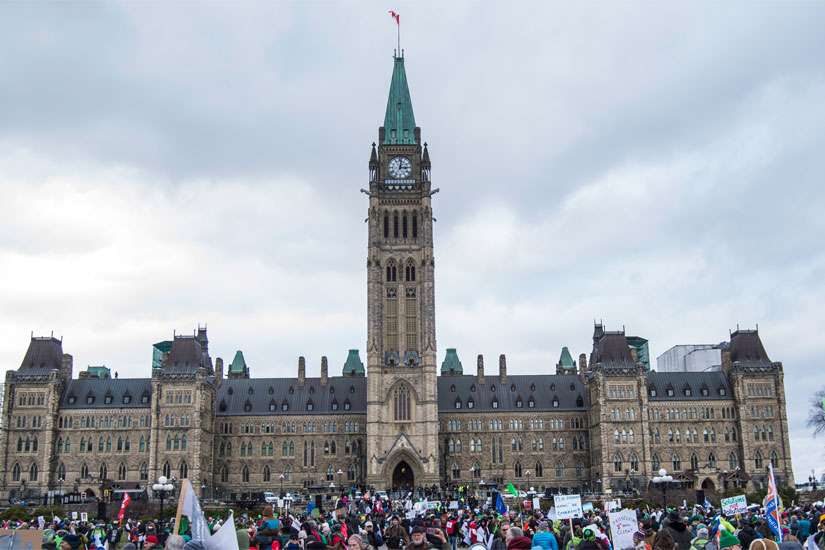The Attorney General of Canada requested the extension Dec. 3. If the extension is granted, the federal government said it will establish an all-party special parliamentary committee to study the issue and make recommendations to the federal government on a legislative approach. The extension would also ensure provinces and territories “have the necessary time to continue the good work that is under way and responsibly prepare for the full implementation of the Carter decision,” a justice department release said.
“Canadians have made it clear they are looking for a real conversation about personal choice, health care and end-of-life care, and strong protection of the vulnerable,” the Ministry of the Attorney General said in a news release.
The Carter decision comes into effect Feb. 6, 2016.
The Attorney General’s factum to the Supreme Court notes the importance of protecting “vulnerable people who might be at risk of a premature death, contrary to their true wishes. The significance of such a risk cannot be overstated.”
It concludes: “The public interest in the issues raised in this case could not be higher.”
The request for an extension comes after a Quebec Superior Court injunction delayed the implementation of Quebec’s “medical aid in dying” law that was set to come into effect Dec. 10. Justice Michel Pinsonnault granted the injunction Dec. 1.
Quebec, which argues “medical aid in dying” is health care and falls under provincial jurisdiction, wants to go ahead with its euthanasia law Dec. 10. It seeks an exemption from the extension. The Quebec National Assembly passed a unanimous motion Dec. 2 demanding Ottawa recognize the validity of its “medical aid in dying” law. Quebec politicians also expressed outrage the federal government had intervened on the side of Montreal physician Dr. Paul Saba and disabled woman Lisa D’Amico, who successfully sought an injunction against the law.
Pinsonnault ruled the federal government has jurisdiction over the Criminal Code and “medical aid in dying” is a euphemism for euthanasia and creates confusion in the public between euthanasia and palliative care. The judge ruled the Criminal Code provisions apply until the Carter decision comes into effect.
The judge pointed out the Supreme Court did not add the word “medical” to aid in dying, and therefore did not shelter provincial laws that are incompatible with federal criminal law.
Euthanasia Prevention Coalition executive director Alex Schadenberg said granting Quebec an exemption would be unacceptable.
“What we’re concerned about is having totally different sets of laws in different provinces,” he said.
“Until Feb. 6, euthanasia is completely illegal in Canada.”
The Euthanasia Prevention Coalition, the Physicians’ Alliance Against Euthanasia and Living with Dignity, the Quebec-based grassroots group opposed to euthanasia, welcomed the injunction.
“With this clarification by the Quebec Superior Court, one cannot hide behind the obligation to provide ‘medical care’ in order to force Quebec physicians to participate, directly or indirectly, in the euthanasia of human beings,” said Living with Dignity in a press release.


